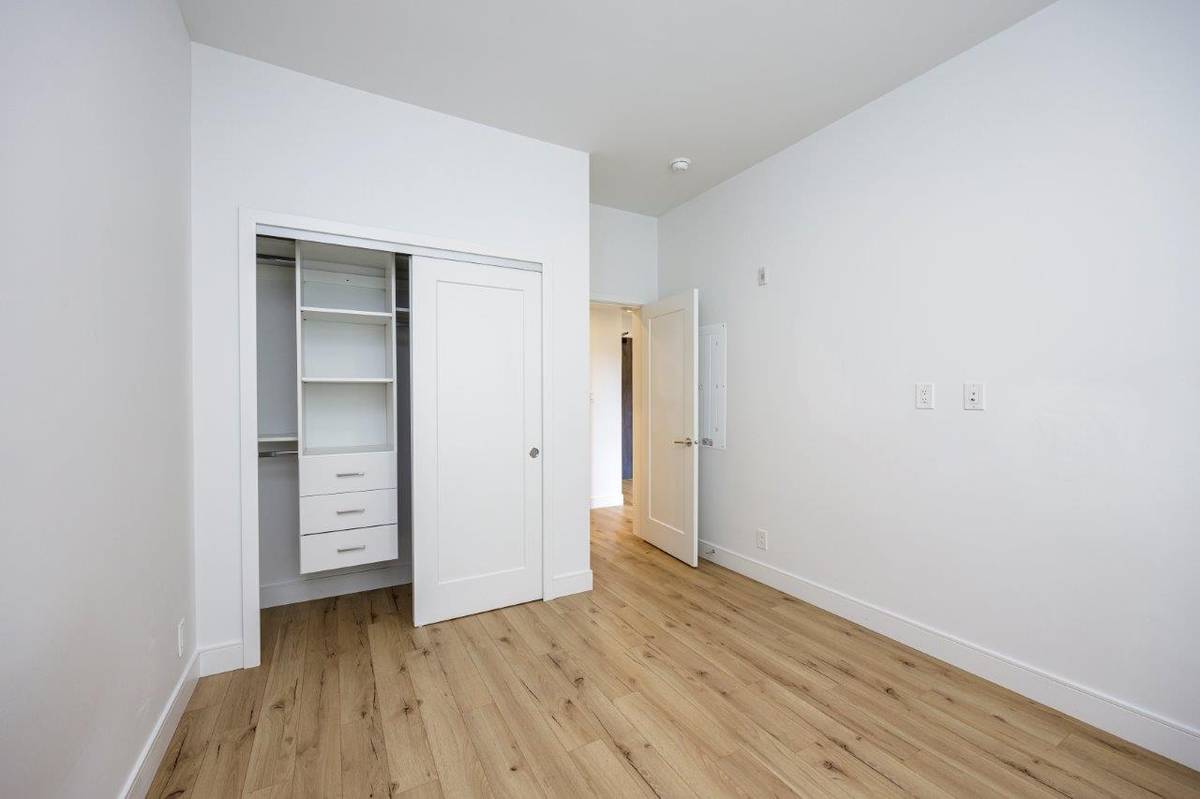
How to Prepare for a Property Manager
Hiring a property manager can be a game-changer for landlords and property owners who want to keep everything running smoothly without being overwhelmed. However, there are a few steps you should take beforehand to make sure the partnership works well. From organizing property information to understanding financial expectations, preparing for a property manager can make a big difference in how smoothly everything runs. Here’s a guide on what you need to know to make this process as smooth and efficient as possible.
Organizing Your Property Information for a Smooth Transition
One of the first steps to setting up a successful property management arrangement is organizing essential property details. Think of it as laying the groundwork for your property manager to understand the ins and outs of the property quickly. Include details like utility providers, appliance warranties, and recent repairs. This not only saves you from being bombarded with questions but also sets up your property manager to jump in with a clear picture of what’s involved.
Make sure to include contact information for any vendors or contractors who have serviced the property before, along with a timeline of recent maintenance work. Having all this information readily available allows your property manager to troubleshoot issues more effectively and keeps things running without unnecessary delays. Plus, a well-organized information packet helps establish a productive working relationship from the start.

Making Sure Your Property is Ready for the Market
Before a property manager takes over, it’s crucial to assess the property’s condition to ensure it’s market-ready. Doing a pre-handoff walkthrough can help you spot any potential issues that could impact its appeal or functionality. Take a look at cosmetic aspects like paint and landscaping, but also check appliances, heating, and cooling systems. The goal is to present a property that doesn’t need immediate repairs, creating a strong starting point for management.
In addition to physical readiness, think about the amenities and features that could make your property more appealing to prospective tenants. Simple upgrades, like adding energy-efficient light bulbs or refreshing worn flooring, can add value and set your property apart. Preparing your property well can attract higher-quality tenants, saving time and hassle in the long run.
Creating Clear Expectations for Your Property Manager
Setting clear expectations with your property manager is one of the most important steps to ensuring a smooth working relationship. Outline what you want in terms of communication frequency, types of reports, and how often they’ll inspect the property. Make sure to have an honest discussion about your preferred level of involvement so they can align their approach with your expectations. This conversation can prevent misunderstandings and help the manager know exactly what you’re looking for.
Beyond regular duties, talk through any special needs or unique requests. For instance, if you have a preference for certain types of tenants or strict requirements for property upkeep, now’s the time to communicate those. Defining expectations clearly gives both you and the manager a reliable framework to work within, helping everyone stay on the same page and focused on the property’s success.
Gathering Key Documents to Simplify the Management Process
Documentation can make or break how smoothly the property management process unfolds. Make sure to gather key documents, such as the title deed, proof of insurance, appliance manuals, and recent inspection reports. Having these materials organized can prevent delays, especially when your manager needs to address any legal or maintenance issues. Consider creating a digital copy of important documents for easier access and sharing.
Lease agreements and tenant records are also important documents to keep on hand. If there’s a history of tenant issues or particular clauses in your leases, make sure your property manager is informed. By setting them up with these resources, you empower them to make informed decisions and minimize disruptions down the line.
Communicating Your Property’s Unique Needs
Every property has its quirks, and part of preparing for a property manager is helping them understand what makes yours unique. Whether it’s a historic home with sensitive materials or a newly renovated unit with specific cleaning needs, sharing these details upfront can help avoid potential issues. Walk your manager through any unique features or restrictions the property may have so they know what to expect.
Let them know about neighborhood considerations too. If there are specific rules from the homeowner association or nearby construction that could affect tenants, this information is valuable to share. By communicating these needs openly, you provide your property manager with a solid foundation to handle the property smoothly and avoid surprises.
Preparing for Tenant Interaction and Communication
A good property manager will handle tenant interactions professionally, but it’s helpful to outline your preferences and expectations regarding tenant communication. Are there certain boundaries you want to establish, or specific ways you want issues to be handled? Providing guidelines on how to manage tenant relationships can help ensure a consistent and respectful environment for everyone involved.
If you have long-term tenants with specific preferences or any ongoing situations with current tenants, inform your property manager. This context can be useful for maintaining continuity and avoiding any disruptions to the tenant experience. Setting up guidelines for tenant communication ensures that everyone is on the same page, creating a professional atmosphere that benefits both tenants and the management team.
Setting Up a System for Maintenance and Emergency Issues
Establishing a plan for maintenance requests and emergency situations is essential for a well-functioning property. Discuss with a property manager how they should handle common repairs, as well as any larger issues like flooding or power outages. Agree on a process for reporting issues, getting approval for repairs, and managing unexpected situations. Clear guidelines make it easier for both parties to respond quickly and effectively.
Consider setting a budget or pre-approval limit for repairs so that the manager can handle minor issues without delay. This proactive approach reduces the chance of disruptions for tenants and ensures the property remains in top condition. By planning ahead, you can simplify the maintenance process and keep everything running smoothly without excessive back-and-forth communication.
Understanding the Financial Aspects of Property Management
The financial aspects of working with a property manager involve more than just paying a fee. To ensure everything is clear from the beginning, go over all financial terms, including their fee structure and any additional costs you might incur. Clarify what’s covered in their standard fee versus what’s considered an extra expense. This understanding can help you budget effectively and avoid surprises.
You should also establish expectations for financial reporting, such as how often you’ll receive statements and what details will be included. A reliable financial reporting system gives you insight into your property’s performance and allows you to make informed decisions. By clarifying these aspects from the start, you and the property manager can focus on maximizing the value of the property while staying financially transparent.
Simplify the Complex World of Property Management? Let Pacific West Property Management Help You Take the Stress Out of Property Oversight
Managing a property doesn’t have to be overwhelming. At Pacific West Property Management, we understand how complex it can be to juggle tenant needs, property upkeep, and endless details, especially for busy owners. Our experienced team takes the guesswork out of property management, providing you with a dedicated property manager who knows the ins and outs of making properties thrive. We tailor our services to match your unique needs and make tenant interactions smooth and stress-free. With our support, you can relax and feel confident that your investment is in good hands. Contact us today to start a conversation about how we can make property management easier and more efficient for you.
Tags: busy, complex, property management, property manager, tenant
